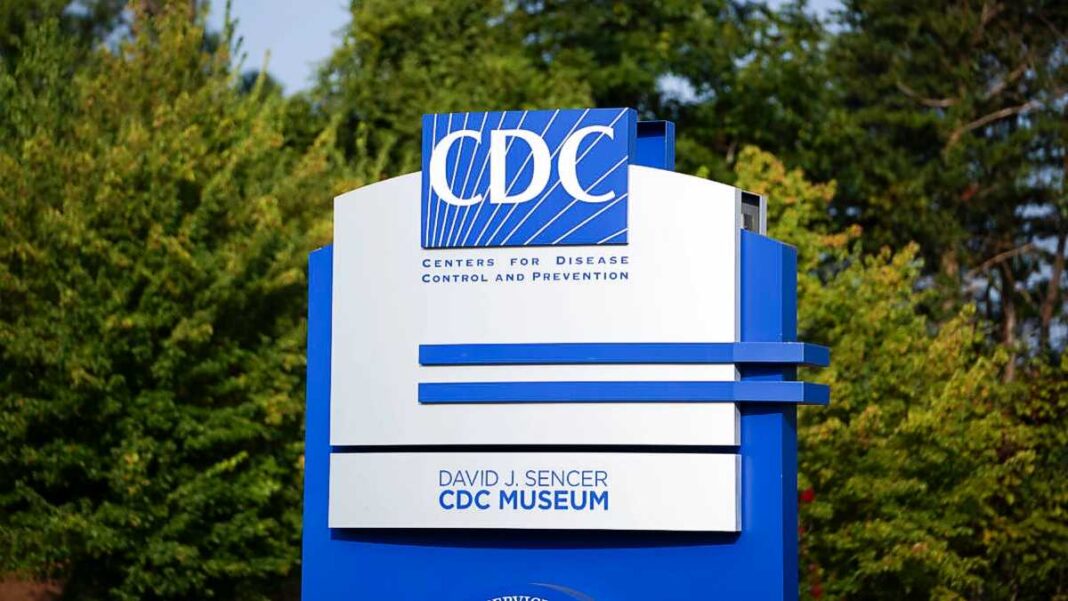The CDC issued the new rules in what it says is a bid to limit the spread of rabies.
The Centers for Disease Control and Prevention (CDC) published rules on May 8 that will significantly alter how dogs are brought into the United States.
The rules are being changed in an attempt to control the spread of the rabies virus, which is 99 percent fatal, according to the CDC. Dog rabies isn’t controlled in more than 100 countries, which creates “a risk” to the United States and thus requires limiting which dogs can enter.
The CDC posted the new rules in the Federal Register on May 8; they will go into effect on Aug. 1.
“Preventing infected dogs from entering the United States is a public health priority,” the agency stated. “Each dog imported with rabies could infect people and other animals and could cost more than half a million dollars to contain.”
The expanded rules mandate that all dogs entering the country appear healthy when they arrive, be at least 6 months old, and have a microchip along with a CDC dog import form that was filled out two to 10 days before arrival in the United States. The import forms that are currently being used will expire on Aug. 31, according to the agency.
“If you don’t follow CDC’s rules, your dog won’t be allowed to enter the United States,” the agency warned on its website, updated on May 8. “If denied entry, your dog will be sent back to the last country of departure at your expense. Country of departure is where the last trip originated—not where the dog was born or where it lives.”
The latest regulations “apply to all dogs, including puppies, service animals, and dogs that left the United States and are returning,” the CDC stated, and they “also apply whether you are a U.S. citizen, legal U.S. resident, or foreign national.”
Dogs arriving from a country that the CDC deems a high risk for rabies or dogs who got a rabies vaccine in another country have to meet more criteria, according to the agency.






